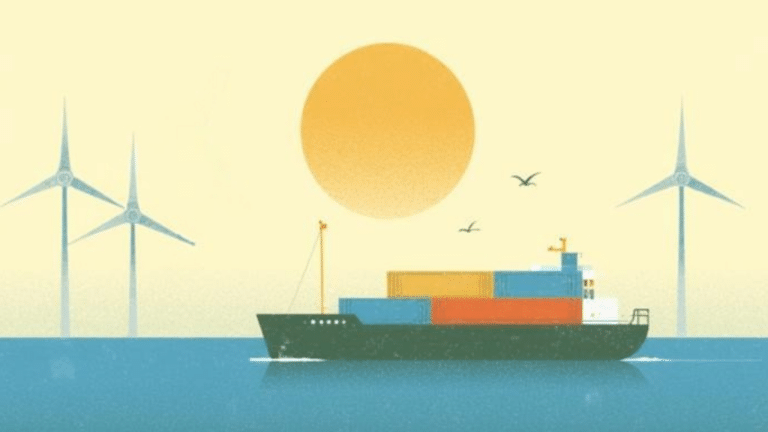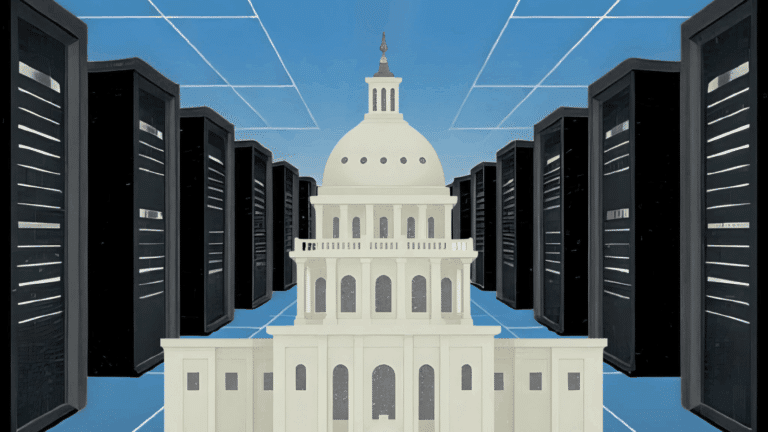Could a strategic lithium reserve kickstart US supply chain development?
NEW YORK -- A strategic lithium reserve is being mooted as a solution to stabilize volatile prices that have hindered American mining projects, allowi
Current Access Level “I” – ID Only: CUID holders, alumni, and approved guests only
Past Event
April 23, 2019
1:00 pm - 2:00 pm
As recently as 2000, industrialized countries consumed more than half of the world’s energy resources. Today, about fifteen years later, more than half of the world’s energy is being consumed in developing countries where there are over 6 billion energy consumers . . . and their share of consumption is expected to increase over the next several decades, more than doubling industrialized country consumption by 2040. And with these changes, the center of gravity of the energy landscape is shifting to the developing world. From investments to energy flows to emissions, developing countries will be the key drivers going forward. Notwithstanding this shift, developing countries still remain relatively poor compared to the OECD and other advanced economies. For example, even China, the world’s second largest economy, has a GDP per capita that is still a fraction of OECD countries, while India, Indonesia and other developing countries face even larger poverty gaps. How these countries use energy to raise the standards of living of their populations will not only determine their own development but will have global implications, notably on the effort to address climate change. Philippe Benoit will discuss some of the dynamics driving the use of energy to promote development and their implications for addressing the climate change challenge. Speaker bio: Philippe Benoit is currently Adjunct Senior Research Scholar at Columbia University leading the work of its Center on Global Energy Policy in the area of energy for development. He is also a senior associate (non-resident) with the Center on Strategic and International Studies in Washington DC. He has worked in the area of energy, development and climate change for over 20 years, including as head of the Energy Environment Division at the International Energy Agency, as Energy Sector Manager for the World Bank, and as Director-Energy Project Finance for SG Investment Bank. He has a BA from Yale University, a JD from Harvard Law School, and a DESS from the University of Paris I, Pantheon-Sorbonne. Event is co-sponsored by the Economic and Political Development Concentration, Energy and Environment Concentration and the Center on Global Energy Policy.
On January 1, 2026, the European Union's highly-anticipated Carbon Border Adjustment Mechanism (CBAM) will take effect. Introduced in 2023, CBAM will require the importers of certain carbon-intensive goods...

The Center on Global Energy Policy at Columbia University SIPA's Women in Energy initiative and Accenture invite you to join us for an evening of conversation and networking...

The Columbia Global Energy Summit 2026 is an annual event dedicated to thought-provoking discussions around the critical energy and climate challenges facing the global community.

The event is for CUID holders only. Please note: space is limited. The Center on Global Energy Policy at Columbia University SIPA invites Columbia University students to a...

This Energy Explained post represents the research and views of the author(s). It does not necessarily represent the views of the Center on Global Energy Policy. The piece...

Geopolitical uncertainty associated with Russian gas exports could swing the range of those exports by an estimated 150 bcm per year.

From the east to west and north to south, in red states and blue states, attention to data centers is skyrocketing in state capitals across the United States.
